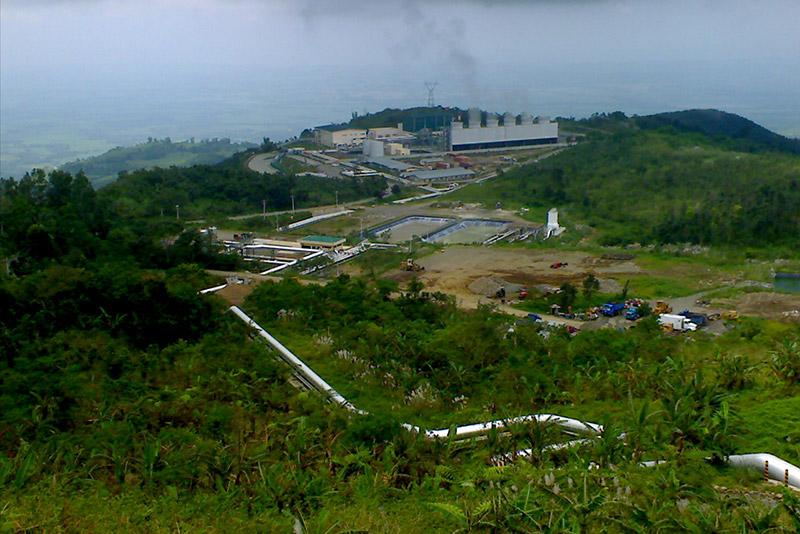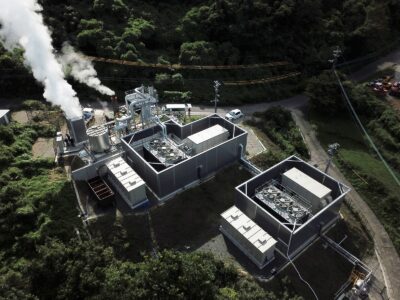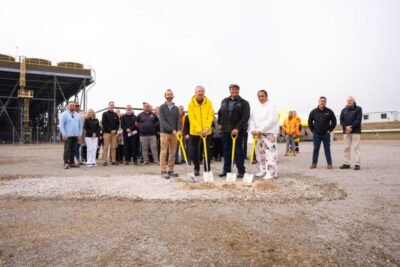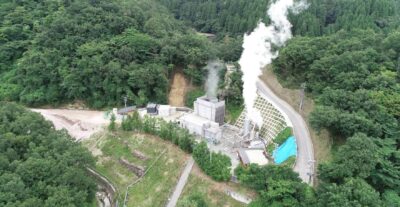Industry group advocates for keeping fiscal incentives for geothermal development in the Philippines
The National Geothermal Association of the Philippines (NGAP) has announced it will seek an exemption for renewable energy (RE) amid plans to rationalize investment incentives in the planned tax reform program by the national government. NGAP sees it as important that existing fiscal incentives remain in place to support geothermal development.
During its general assembly held last week, the National Geothermal Association of the Philippines (NGAP) has announced it will seek an exemption for renewable energy (RE) amid plans to rationalize investment incentives in the second package of the tax reform program.
Members of the association said they hope to maximize the potential of geothermal development and preserve the status of the Philippines as a prime investment destination for geothermal energy developers.
“We need the incentives more than ever,” NGAP President Noel D. Salonga told reporters during the event.
Mr. Salonga, who is also an assistant vice-president at Energy Development Corp., said geothermal development has become more difficult as the remaining geothermal resources in the country are now smaller, deeper and more challenging for existing technology to tap.
“We used to have 200 MW (available for development) in the past and therefore economical to develop,” he said. “Now, it’s in the order of 20-40 MW.”
He said it was incorrect to view the industry as having gained “independence” and not needing additional support from the government.
In the meantime, he said research is being performed to reduce the cost of materials and drilling, which are main cost drivers for geothermal exploration.
“A lot of effort is now focused on technology development,” he said.
Republic Act No. 9513 or the Renewable Energy Act of 2008 aims to increase the use of renewable energy by institutionalizing the development of national and local capabilities in the use of RE systems, and promoting its efficient and cost-effective commercial application by providing fiscal and nonfiscal incentives.
The Tax Reform for Acceleration and Inclusion (TRAIN) law’s second package will repeal incentives currently enjoyed by RE proponents, namely the net operating carry-over, accelerated depreciation, tax exemption on carbon credits, tax credit on domestic capital equipment and cash incentives for missionary electrification.
The new law will also reduce the corporate income tax rate to 15% based on net taxable income, which is proposed to replace the 5% gross income earned tax in lieu of all taxes.
Duty-free importation of raw materials and capital equipment will be made to apply only to initial investments for the first five years.
Value-added tax (VAT) incentives and special realty tax rates will also be removed.
The income tax holiday will be applicable only for the first five years of commercial operations and for a period not exceeding three years.
In a statement during yesterday’s event, NGAP said that while it acknowledges that the second phase of TRAIN “as a needed reform to manage tax leakage, government should strike a balance between revenue generation and the long-term outlook for the development of a vital industry that powers the economy.”
It said the success of geothermal energy development “is intricately linked with effective government energy policies, predictable rules and regulations, simple and coordinated permitting process, and a competitive set of incentives that promote geothermal investments.”
“A sudden change in the existing fiscal incentives regime for the geothermal energy industry will affect investor confidence since investors seek consistency, predictability, and transparency,” it said.
NGAP is asking Congress to reconsider blanket approval in rationalizing the fiscal incentives and exempt the RE law from the tax reform’s coverage.
It said it was proposing a “targeted approach” in laying the foundation for future incentives across industries.
NGAP also pointed to the drop in the Philippines’ ranking among countries with the most installed geothermal energy capacity.
“Reclaiming the second spot will be a tougher challenge if TRAIN 2, as proposed, is passed by Congress. The risks involved in geothermal energy development with the high costs and uncertainties of exploratory drilling and associated works, plus the long gestation period from exploration to commissioning, make it difficult to attract and retain capable investors,” it said.
NGAP said the current cost of drilling and development is estimated to be around $5,000 per kilowatt-hour.
“Fiscal incentives are key in most investment decisions since they lower the cost of doing business,” it said.
Source: Business World Online


















